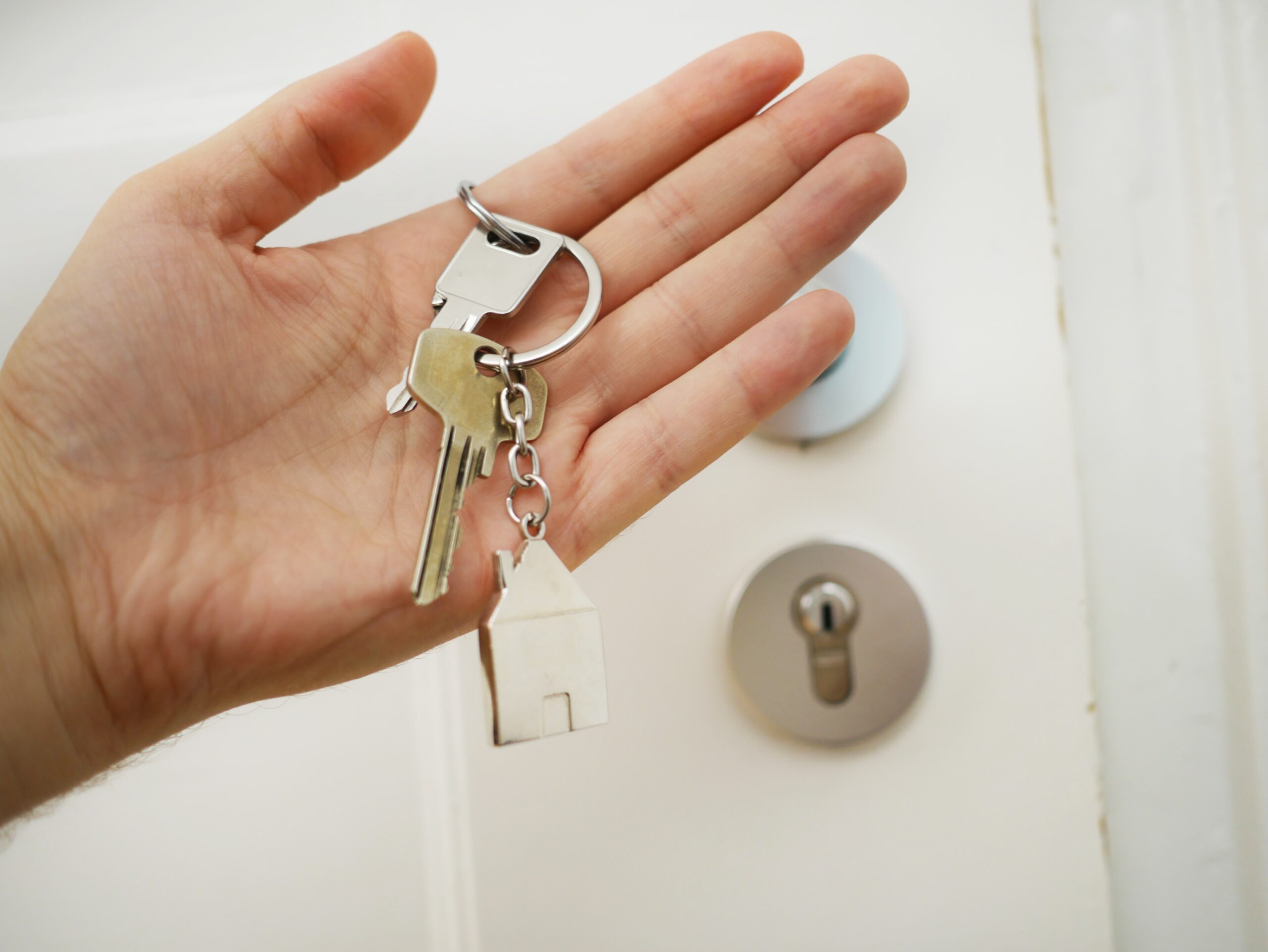Buying a property of any kind can seem like a huge, stressful task. Plus, there is a list of fees that may seem confusing, that’s why we’ve put together a helpful guide to not only outline all the costs but to make sure you know why they are there and what they are for.
If you are struggling to work out any budgets or are curious to see if you can buy a property we have attached a helpful budget planner here:
Firstly, there are some major upfront costs to be aware of, these include:
Stamp duty
Stamp duty is a tax paid when you buy a property, freehold or leasehold. However, the amount paid varies on the price of the property, whether you are a first-time buyer, if you are eligible for relief or an exemption and if this purchase is for a second home.
- Stamp duty only applies to you if you are buying a property over £250,000.
- If this purchase is for a 2nd home, you usually pay 3% stamp duty on properties costing more than £40,000.
To calculate what your stamp duty will be use the link here:
Deposit:
A deposit is a set amount that you put towards the cost of the property when buying it. Generally, the bigger the deposit you can pay the more likely a lower mortgage and interest rate is likely to be.
- On average a deposit will need to be 5% to 20% of the purchase price.
Valuation fee:
The mortgage lender will assess the value of the property to determine how much they will be willing to lend you. The lenders valuation isn’t a full and complete structural survey so it may not include/identify all maintenance that may be needed on the property.
- This can cost anywhere between £150-£1500, this is based on the property’s value.
Some lenders may not charge you for this, this is dependant on the type of mortgage product selected.
Surveyor’s fee:
A surveyor’s fee is the cost that occurs when you get the property checked by a surveyor. Getting it checked is vital as it can give you an understanding of any issues the property may have before you buy, and it can also help you save money on repairs in the long run.
- Depending on the depth of survey you get the price will vary, for example a basic home condition survey will be around £250 but an in-depth structural survey could cost around £600 or more.
Legal fees:
To carry out all the legal work when buying or selling a home a licensed conveyancer or solicitor will be needed.
- Legal fees typically are £850-£1500 including VAT at 20%
- They will also conduct local searches for you which will cost from £250 -£300, this check whether there are any local plans/problems.
Electronic fees:
This is what covers the lenders cost of transferring the mortgage money from the lender to the solicitor.
- This usually costs £40-£50.
Estate agent’s fees:
This only regards the seller for the services the estate agent carries out. This price is usually negotiated when the property is put on the market.
- It is usually 1% to 3% of the sale price plus 20% VAT.
- For online estate agents it may be a flat fee
Even though there seem to be a lot of upfront costs, once you have finally secured a home it is time to start thinking about the costs of actually moving in!
These can include:
House removal costs:
- The average removal cost varies from £300-£600 (however you could rent a van and complete this yourself, if you do this check that your existing home insurance policy will cover a move)
However, remember to shop around for quotes and references to ensure the company you settle on is reliable and insured.
Cleaning costs:
When moving from a rental property you should leave it clean and tidy. If you don’t this might break your tenancy agreement and your landlord may charge you for a professional cleaner.
- You may want to shop around and get someone professional to clean the property before you leave.
Mail redirection costs:
Once you’ve moved a big worry might be all your post going to the wrong address, to ensure this won’t happen you can pay a royal mail service. This will redirect all your mail for a certain number of months.
- The royal mail redirection service starts at £36.
I know that you’ve already come across a lot of costs and fees, however there are only a handful more costs. These are the ongoing costs because you’re now responsible for looking after your new home. Some examples of these are:
Maintenance and repairs:
These are the costs that will go towards any problems that need fixed straight away, as your survey should have highlighted.
- The average repair bill for a new homeowner is £5750.
Insurance:
The lender will require you to have buildings insurance, this protects your house against damage from such things as fire, floods, subsidence and more.
It is also a good idea to have contents insurance for your possessions and life insurance so you can Pay of your mortgage if you die before it is repaid.
Council tax:
This is an annual fee paid to your local council. They are set out by the council and go towards the funding of local services.
- The price of council tax will vary based of, where the property is and its value.
Running cost:
These are just how much you spend on utilities , you can ask the seller this to get an idea of what it will be like for you .






0 Comments